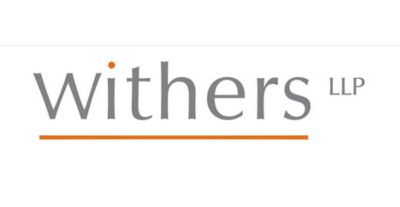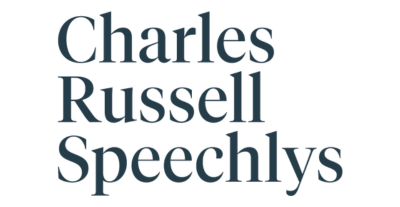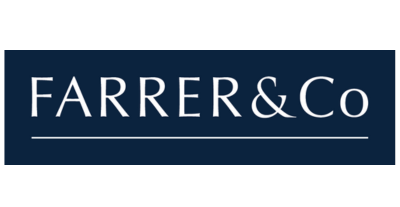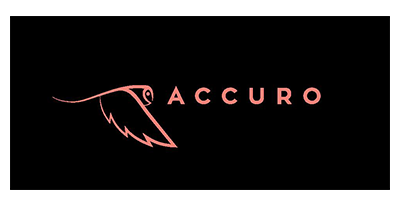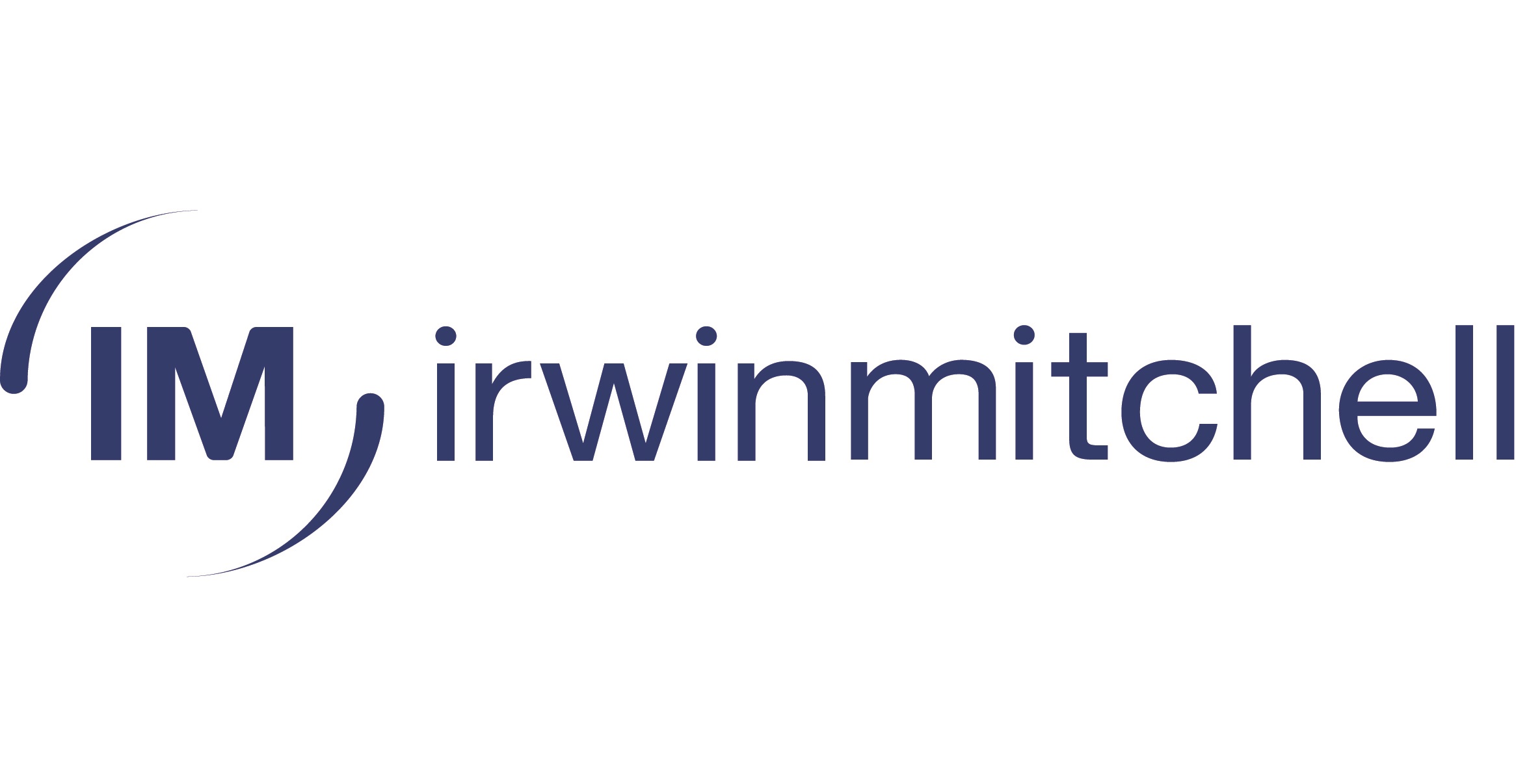Knowledge Hub
Join the Conversation!
Impartial and independent, ThoughtLeaders4 Private Client Knowledge Hub hosts cutting edge industry content and insight.
Email maddi@thoughtleaders4.com to submit content.
Proprietary Claims, Conflicts and Cash
Date: 05/01/2024 Type: Articles Topic: Private Client | Trusts | Wills and Estates | Inheritance | Next Generation Wealth | Investment and HNWI’s | Tax |Proprietary claims against trust assets by a third-party - or indeed the potential threat of one - naturally requires a trustee to also consider that party's interests while administering a trust. The spectre of such claims requires even greater focus when there is insufficient liquidity within a trust structure from which a trustee may pay its fees and expenses for administering the trust (Fees), and it determines that a trust asset needs to be realised for that purpose. This issue has now been considered (for what is understood to be the first time) by the Grand Court of the Cayman Islands[1].
It is clear that where a trustee is faced with this scenario, the decision to realise certain trust assets to pay its Fees leaves a trustee inherently conflicted. It was in these circumstances that the trustee applied to Court for an order blessing a decision to realise certain trust assets and pay its Fees.
The Court accepted that such an application justified a modification of the traditional Public Trustee v Cooper[2] category 2 approach. That meant not only analysing whether the transaction proposed was reasonable and considering of the trustee's potential conflict of interest, but also the need to consider balancing the rights of a trustee to remuneration with the rights of beneficiaries and a potential third-party proprietary claimant who was not a party to the application.
The possibility of a third-party claim also required consideration of the overarching principle set out in Guardian Trust and Executors Company of New Zealand v Public Trustee of New Zealand[3], where the Privy Council held:
"If a trustee or other person in a fiduciary capacity has received notice that a fund in his possession is, or may be claimed by A, he will be liable to A if he deals with the fund in disregard of that notice should the claim subsequently prove to be well founded."[4]
The Guardian Trust principle illustrated why an application to Court for a blessing of a proposal to deal with the assets was required, but not how any such application should be adjudicated.
As the Court held, a trust fund should continue to be administered in a way which involves the least possible prejudice to all parties, including the actual or contingent rights of third-party proprietary claimants.
The Court approved the trustee's submission that "[s]uch jurisdiction is founded in practicality: a trust fund needs to be administered for the benefit of whoever turns out to be the beneficial owner of it. Where it is being administered by professionals, they need to be paid."[5] Three judgments of (former) Chief Justice Smellie were "noteworthy" for having viewed a trustee administering contested trust funds and a liquidator administering funds which belonged to a company, or were held in trust, as "parallel but analogous spheres"[6]. Those judgments included a reference to the well-known Berkeley Applegate principle; that is, that the court could make an allowance for work undertaken in connection with the administration of property. The judgments indirectly supported the proposition that a trustee holding assets for named beneficiaries which are subject to potential third-party proprietary claims will generally be entitled to payment of its Fees.
Another important factor was that the relief sought in the application did not require the making of beneficial distributions; rather, it was confined to the payment of Fees. This was "a far more conservative and precautionary judicial step than allowing discretionary distributions to be made".
The Court also accepted that the mere notice of a possible third-party claim to the trust assets was not a bar to pursuing the proposed transaction with notice only having been given to the beneficiaries. The fact the trustee had a right to be indemnified for its Fees supported that approach. However, the lack of notice required the Court to conduct a more robust assessment of the impact the proposed realisation of trust assets would have on the value of the trust fund.
It included the need to consider:
(a) all alternative proposals that might enable payment of the trustee's fees;
(b) whether the alternative proposals might enable a sale of assets over a period of time that resulted in less diminution in value to the trust fund; and
(c) a precautionary approach which sought to preserve the value of the trust fund to the maximum extent possible, which was justified given the existence of potential third-party claimants who were not before the court.
This "superimposed a further layer of analysis on top of the standard rationality test" applicable to more common Public Trustee v Cooper category 2 applications.
In the circumstances the Court was willing to grant an order that the trustee could realise certain trust assets by a particular date if alternative proposals put forward by the beneficiaries of the trust where ultimately determined not to be viable.
The judgment provides useful guidance to trustees and their advisers in circumstances where a trustee is on notice of potential third-party proprietary claims, but the realisation of trust assets – absent funding by other means - is necessary to pay their Fees. It is notable that no authorities were cited which directly concerned the payment of a trustee's fees when faced with such claims. Rather, it was by analogy with the position of liquidators appointed to administer assets that the application was granted, subject to allowing a period of time for alternative proposals to be properly considered.
Authored by Andrew Peedom, Counsel, Collas Crill
[1] In The Matter of the X Trust and Y Trust – (Unreported judgment dated 29 November 2022 – per Kawaley J). Collas Crill acted for the Defendant.
[2] [2001] WTLR 901
[3] [1942] AC 115
[4] At p.127 (per Lord Romer)
[5][5] At para 14
[6] Re Saad Investments Co Ltd (Unreported judgment dated 1 October 2019) at para 79
Author
Andrew Peedom, Counsel, Collas Crill
Our Private Client Corporate Partners












